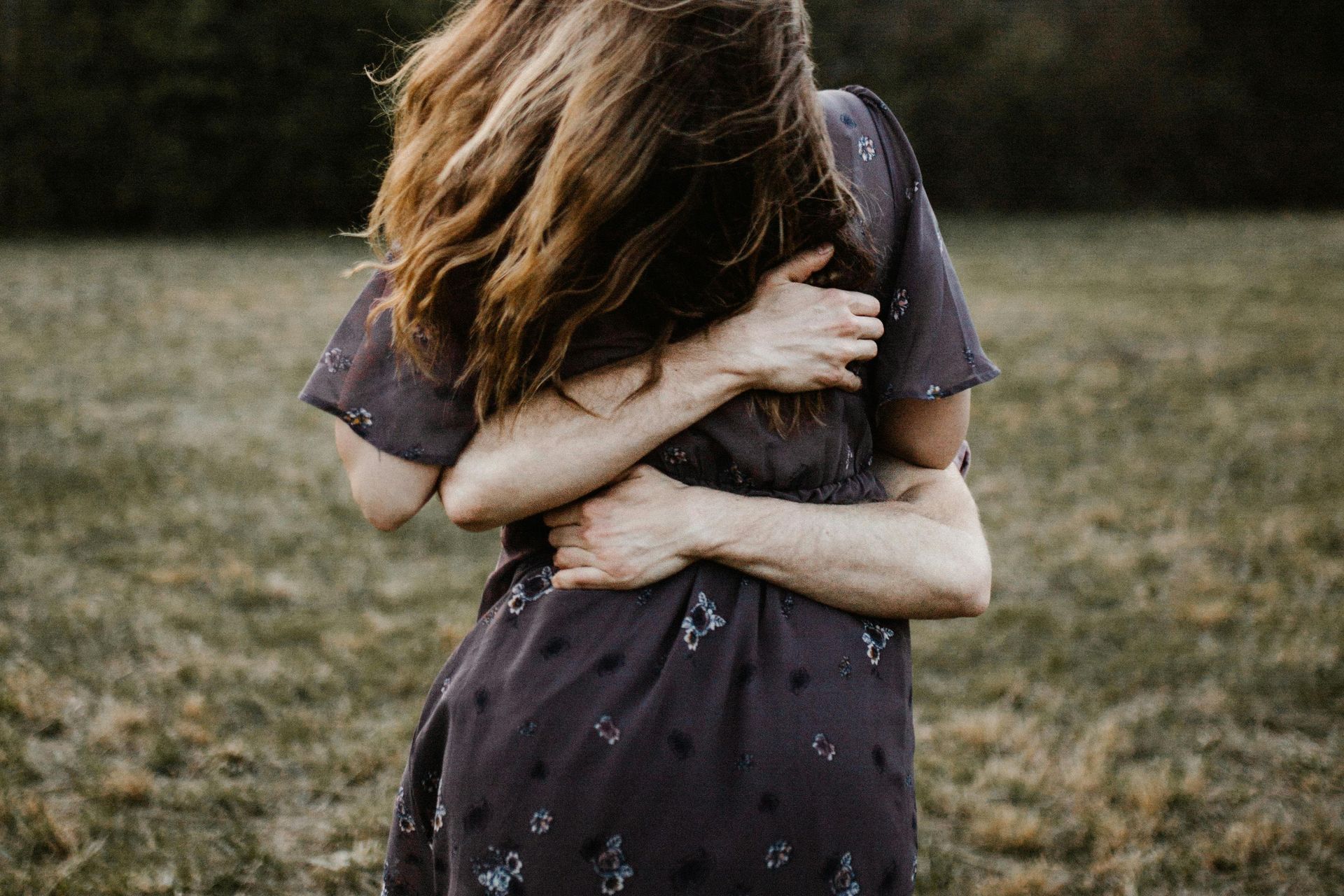Experiencing the Non-Linear Journey of Grief
Grief is a deeply personal experience, yet it touches nearly everyone at some point in life. Whether the loss is of a loved one, a pet, or the end of a significant relationship, grief has a way of altering the course of our emotions and lives. It doesn’t follow a predictable pattern, and the range of feelings, sadness, anger, guilt, confusion, can catch us off guard. Exploring the complexity of grief and how it unfolds can help us process the pain and allow it to exist alongside our healing.
Grief’s Non-Linear Nature
Often, grief is mistakenly seen as a linear process, where one progresses through stages of denial, anger, bargaining, depression, and acceptance. However, these stages aren’t a checklist but rather a broad framework. Grief doesn't follow a straight line. It comes and goes in waves, sometimes manageable, sometimes overwhelming. Days that seem better can quickly turn into those marked by deep sadness, and moments of peace can be interrupted by sudden feelings of loss.
This unpredictability can feel confusing, but it’s a natural part of grieving. One moment might bring a sense of relief or normalcy, while the next might stir up pain again. Grief isn’t something to "move on" from but rather an experience to navigate, sometimes quietly, sometimes intensely.
The Emotions of Grief
Sadness is often the emotion most associated with grief, but it’s rarely the only one. Anger can arise, directed at circumstances, oneself, or even at the loss itself. Guilt is also common, regret for things unsaid or unresolved, or questioning whether more could have been done. The confusion that follows a significant loss, whether it’s a loved one, a pet, or a relationship, can feel disorienting, leaving a sense of imbalance as the world shifts without warning.
Each of these emotions plays a role in the grieving process. A loss may leave life feeling less certain, causing deeper reflections on identity and future plans. Acknowledging these feelings, even when they seem contradictory or overwhelming, is a step toward processing the grief in a way that feels genuine and personal.
Grieving Different Types of Loss
Grief isn’t limited to the death of a loved one. The loss of a pet, often a loyal companion, can bring just as much pain. Pets provide comfort, companionship, and unconditional love, and their absence can leave a noticeable void. In relationships, whether romantic or platonic, the end of a meaningful connection can feel like mourning a future that was once envisioned.
These types of grief, while different in their circumstances, share common ground in how deeply they affect our emotional world. Loss, in any form, shifts the landscape of life and demands to be felt. The comparisons between losses, whether of a loved one or a pet, don’t diminish the pain felt in either case.
Processing Grief
Allowing yourself to feel the full spectrum of emotions is crucial in processing grief. There’s no need to rush toward “feeling better” or to suppress emotions that seem difficult to face. Being with the grief, whether through tears, anger, or even numbness, makes space for healing. Often, sharing the grief with others, whether through conversations with a trusted friend or a therapist, can provide comfort and connection during these isolating times.
Mindfulness and self-compassion can also be invaluable. Grief is often accompanied by self-criticism, the belief that one should be “handling it better” or moving through the process more quickly. Embracing self-compassion allows for gentleness with oneself, recognizing that grief is a process without a set timeline. Mindfulness helps to remain present with the emotions as they arise, without being consumed by them.
Living with Grief
Grief doesn’t always demand sadness at every moment. Even in times of loss, there can be moments of joy, and those experiences are just as valid. Honouring the memory of what has been lost, whether through rituals or quiet reflections, can offer a sense of connection while allowing life to continue moving forward.
Grief becomes part of the fabric of life. Over time, its intensity may lessen, and the waves may come less frequently. However, the love and memories remain. The experience of loss transforms but doesn’t need to be “left behind.” Living with grief means carrying it gently, knowing that it’s a testament to the depth of the love and connection that came before.
SHARE THIS POST:
OUR RECENT POSTS:
Reclaim Your Peace of Mind
Book your free consultation now and discover the support you deserve.







